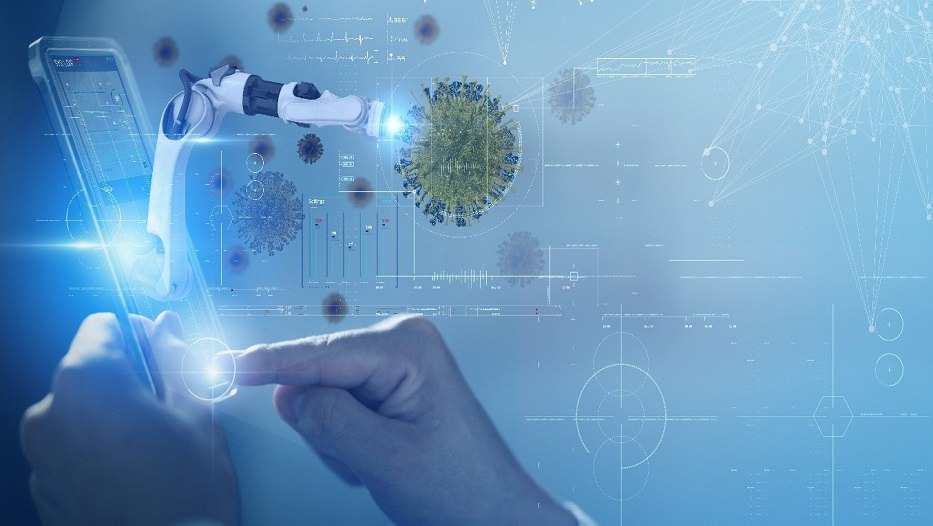
Covid has drastically and irrevocably changed the way that the world works. Even as South Africa moves forward into semi-normalcy, the looming “fourth wave” reminds businesses of the need to remain agile, embrace remote working policies, and lean on technology that drives productivity even as traditional working cultures fall away.
According to a recently published “Resilience at Work” Best Practice Guide, an estimated 2.7 billion people (or 80% of the global workforce) have been affected by COVID-19-related lockdowns, and there is a growing realisation that traditional models of operation will no longer suffice.
The Guide goes on to quote McKinsey & Company, which confirms that technologies that may have previously been considered a luxury are quickly becoming mandatory, and the crisis has created an open-mindedness about the need to develop creative solutions to survive (and eventually thrive) in the new normal.
Paul Bouchier, Sales Director at iOCO, within iOCO Software Distribution, an Infor Gold Partner, believes that the key to survival and recovery is to optimise how people and technology interact. He considers the findings of a recent Infor Survey of over 12 000 individuals, which aimed to determine what organisations can do to better adapt to the current situation.
“The survey results clearly highlighted two dire needs: the need to maintain the health and safety of the workforce, while enabling an efficient and orderly return to work; and the need to develop flexible, transparent operational models that allow individuals to adapt and organisations to become more resilient in the face of future disruptions,” confirms Bouchier.
The majority (33 percent) of respondents confirmed that adhering to health and safety measures was their primary expectation of their employer. A further 17 percent stated that businesses should continue to embrace work from home models, while 14 percent called for organisations to be more adaptable and flexible. Twelve percent of respondents expected their employer to care for and openly communicate with employees; even in times of uncertainty.
“To achieve this, technology will play a significant role. More and more organisations are recognising the need to change the way they function, while attempting to return to a state of productivity,” adds Bouchier. “People simply want to know that they matter. This is a basic need that is magnified in times of crisis. Showing employees that they are cared for, and that their health and well-being are of primary concern to the business is essential.”
According to the Guide, this approach will involve the adoption of new strategies; redesigned physical workspaces, enhanced cleaning protocols, staggered scheduling, wellness alerts, mobile clocking with GPS, contact tracing with real-time location services, and more.
“Maintaining a flexible approach that prioritises employee safety is a great start,” concludes Bouchier. “Secondly, concepts which may have seemed largely futuristic (cloud solutions, machine learning, artificial intelligence) are now coming to the forefront to help businesses navigate through unchartered waters. As a result, embracing the digital mandate, adopting true digitisation, and upskilling staff to keep pace are crucial steps to take today.”

